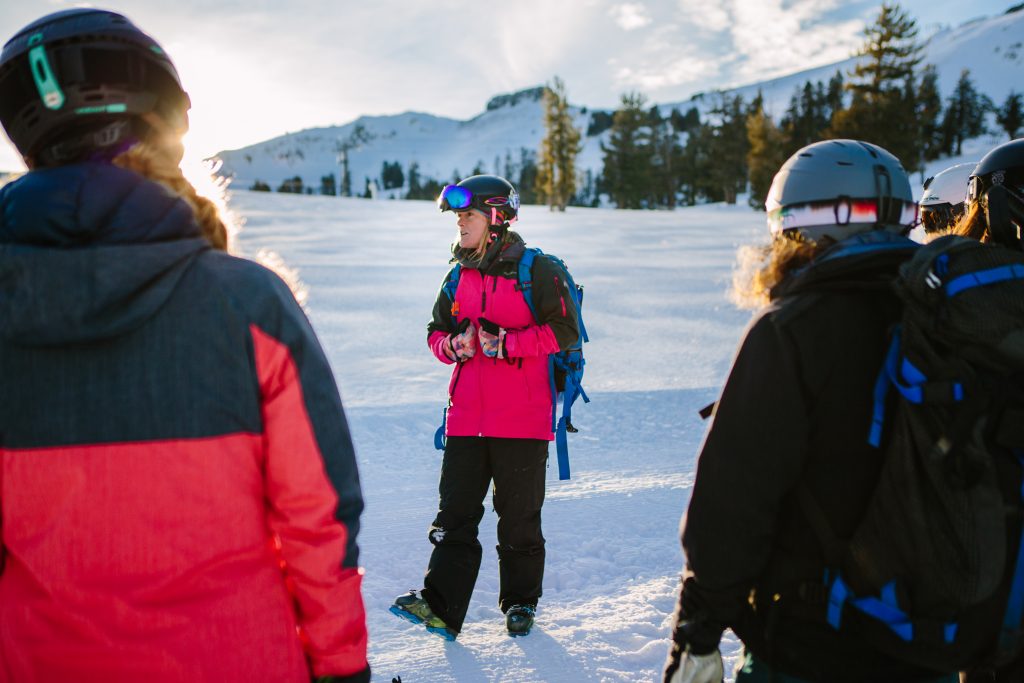Advice from avalanche instructor and heli-ski guide Lel Tone
Last winter was a remarkable one for a few reasons. Record-setting storms and snowfall totals offered endless powder days from Tahoe to Colorado to Vermont. But another stat also proved last winter was one for the books: 12 people were killed in avalanches in this country during the 2016-17 winter season, one of the lowest numbers in decades, according to the Colorado Avalanche Information Center. (The average number of avalanche fatalities in the U.S. for the past 10 winters is 27, per the CAIC.) In Utah, there were zero avalanche deaths last winter, the first time that’s happened in 26 years.
The number of skiers and riders heading into the backcountry continues to grow. According to SnowSports Industries America (SIA), the number of people backcountry skiing and splitboarding increased 21 percent between 2015 and 2016. U.S. Forest Service research predicts skiing in undeveloped terrain will increase by up to 106 percent by 2060. Backcountry ski equipment sales have also spiked, growing 14 percent in the last year, according to SIA.
So, as more and more people prepare to head into the backcountry this winter, how can we help ensure safe travel? It’s all about good decision-making, says Lel Tone, co-founder of Skiers Advocating and Fostering Education in Avalanche and Snow Safety, or S.A.F.E. A.S., which provides avalanche awareness courses tailored to women. We asked Tone, who’s a Squaw Valley ski patroller, Alaskan heli-ski guide and AIARE-trained avalanche instructor, for smart tips every skier or rider should know to help them make good decisions in the backcountry.

Lel Tone is the co-founder of S.A.F.E. A.S., a Squaw Valley ski patroller, an Alaskan heli-ski guide and an AIARE-trained avalanche instructor. (Photo Credit: Jen Schmidt)
Read the avalanche forecast—even when you’re not going skiing. Get familiar with your local avalanche forecast center. It’s a one-stop shop for everything you need to know to increase your chances for a successful day in the backcountry. Make a habit of reading the avalanche forecast all season long to see how the current weather is affecting the snowpack. Go to avalanche.org to get linked to all the avalanche centers in the United States. And there are some cool apps that do much of the same—check out the Avalanche Forecast app.
Consider taking an avy awareness course first. An avalanche awareness course can be a great place to start before you invest in a full Avalanche Level 1 course, which is a three-day commitment. There’s a great free program called Know Before You Go. You can actually request, via that website, a professional to come and do a free clinic for your school or workplace. Or check out AvTraining.org to find educational providers in your area.
Decide on a Plan A. Then set a Plan B and a Plan C. Talk about your group’s objectives before you head out on a tour. Make sure you’re all aligned and you’re choosing partners you can trust with your life. Pick an objective that’s a good plan for that day, depending on the weather, the snowpack and your group. Have a plan A, B and C. What if a storm comes in and you can’t go ski that gnarly chute? What can you ski instead? Or…





